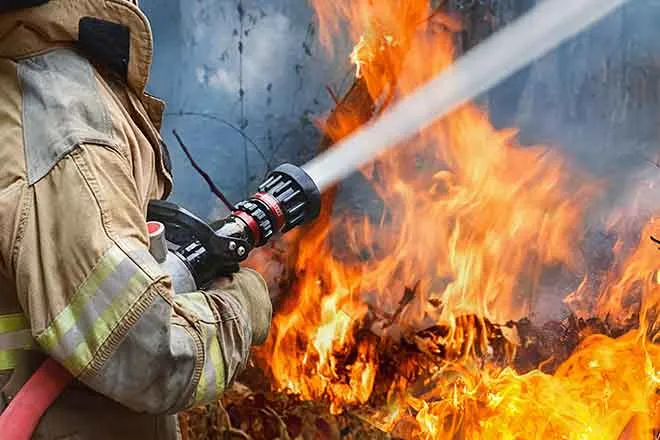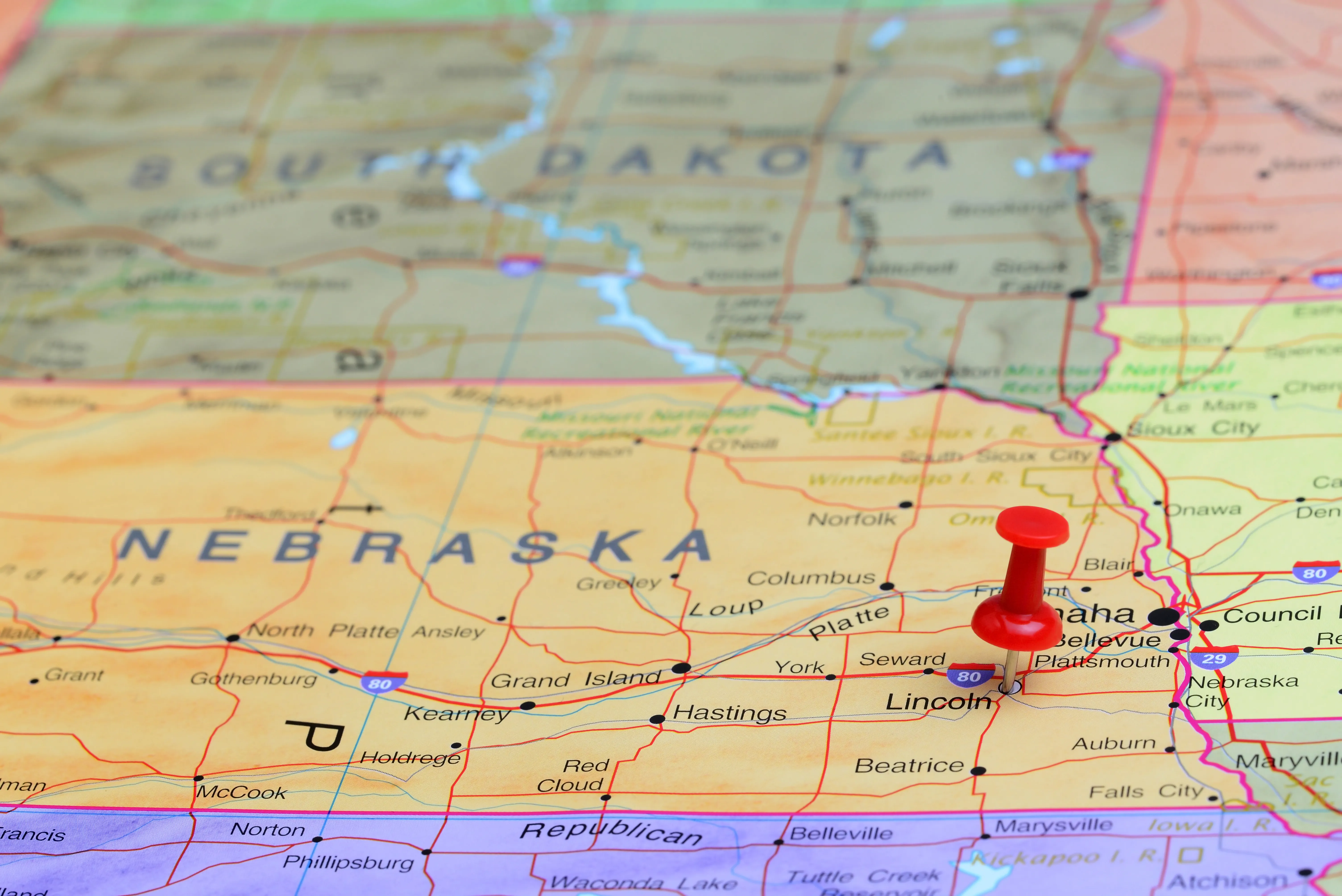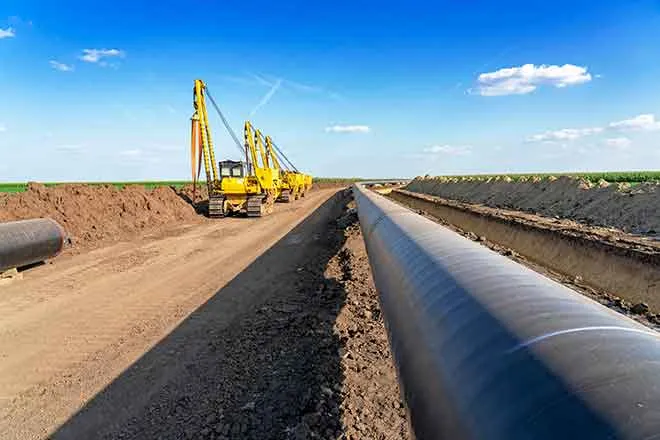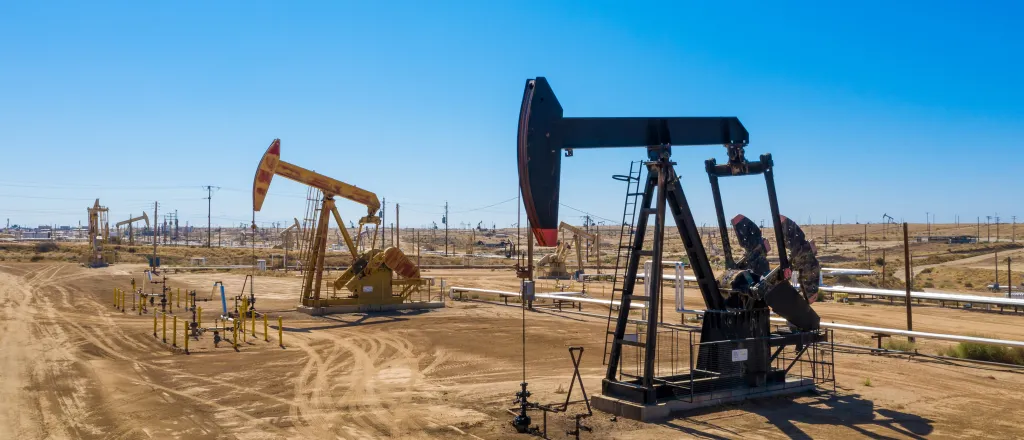
Greater accountability sought for abandoned well cleanup in West
Click play to listen to this article.
(Utah News Connection) According to the Utah Division of Oil, Gas and Mining, there are at least 49 orphan wells in the state -- wells that are abandoned and not plugged -- on private, state and federal lands.
Congress is once again debating who should clean them up. Last year, the Biden administration proposedincreasing the minimum bond amounts on oil and gas leases. But Republicans in the U.S. House have voted to repeal those reforms, saying they would reduce oil production. The bill passed on a party-line vote.
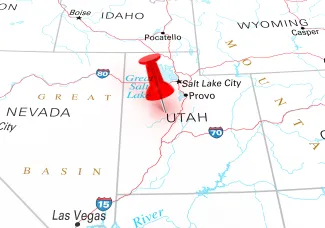
Dave Jenkins, president of the group Conservatives for Responsible Stewardship, contended operators in the West know how to play the system and offload well-site cleanup costs to taxpayers.
"There's an easy fix here, which is to require a bond adequate enough that if they do skip out, we have the money to clean it up and it's not taxpayers holding the bag," Jenkins suggested.
Jenkins argued anyone who is what he called "fiscally conservative and cares about keeping taxes low" should support the Interior Department's proposed reforms. The proposal would increase the minimum lease bond amount to $150,000 and the minimum statewide bond to $500,000.
Jenkins noted his group studied the issue and found taxpayers could be on the hook for as much as $15 billionfor future plugging and cleanup costs of orphan wells on federal land if the proposed reform is not enacted. He added estimates of the number of abandoned wells nationwide range from hundreds of thousands to millions, creating a long-term financial burden for taxpayers.
"The cost of plugging a well can range from $100,000 to sometimes upwards of $1 million," Jenkins pointed out. "Specially if you're talking about really deep wells, like we see more and more of today."
Jenkins stressed the Biden administration needs to finalize the proposed rule to help ensure the Bureau of Land Management's multiple-use approach is being prioritized. The bill to squash it is now in the Senate Committee on Energy and Natural Resources.


